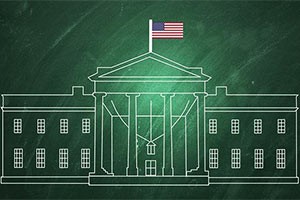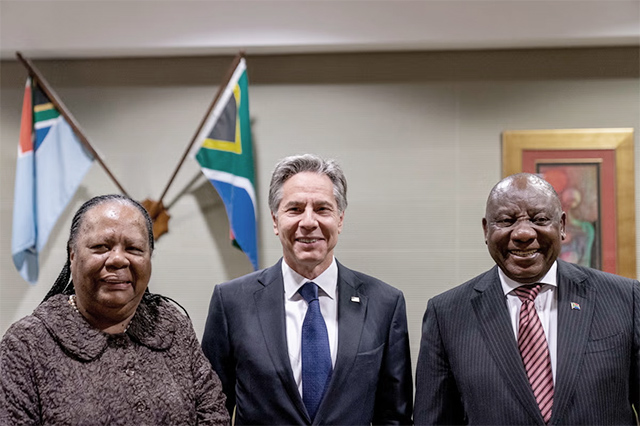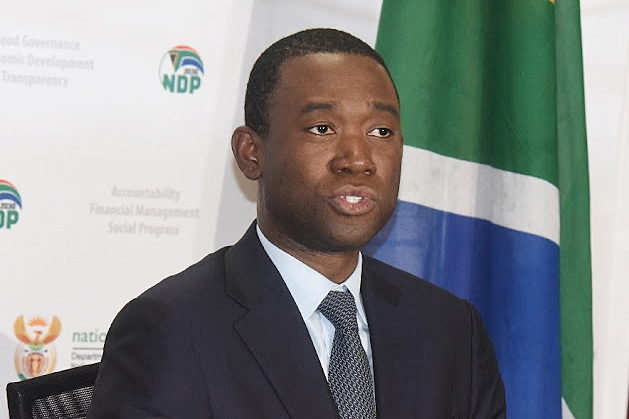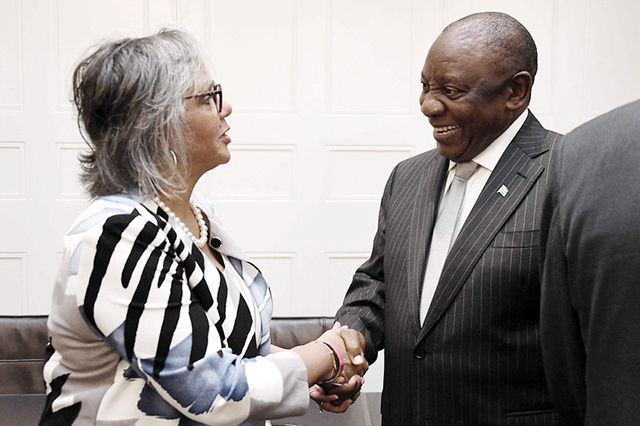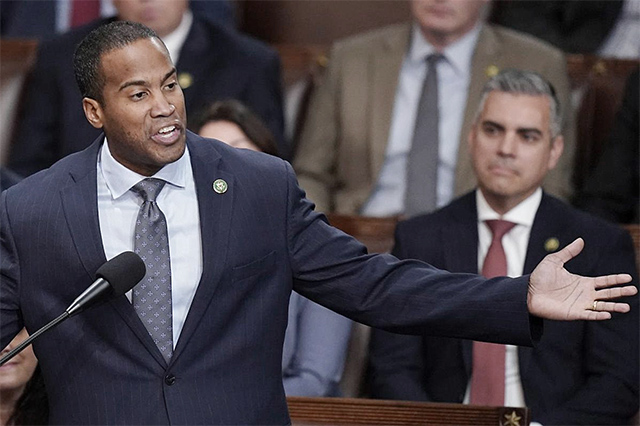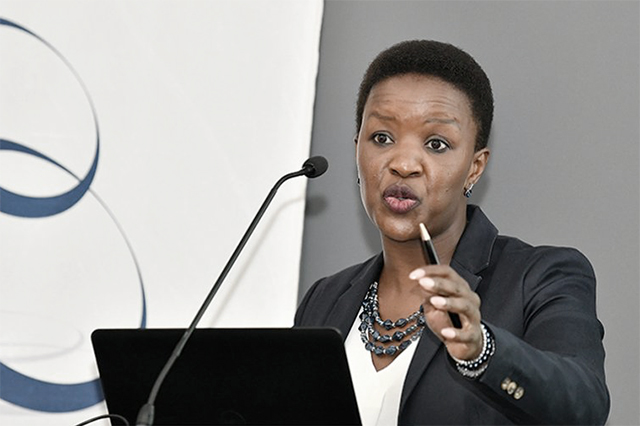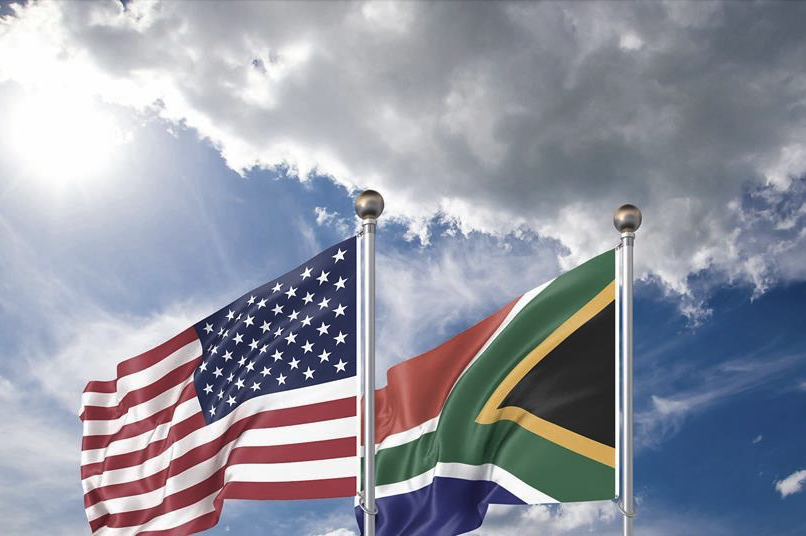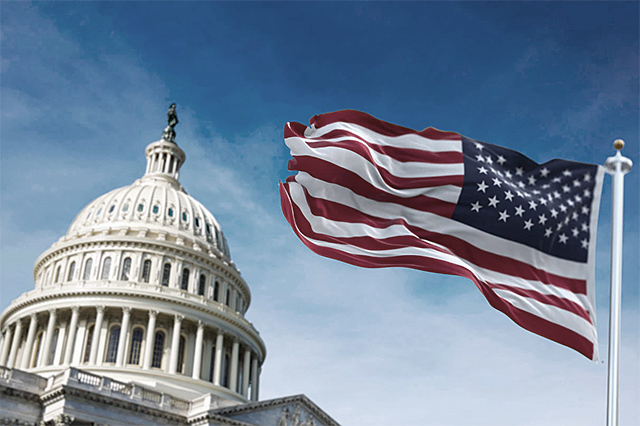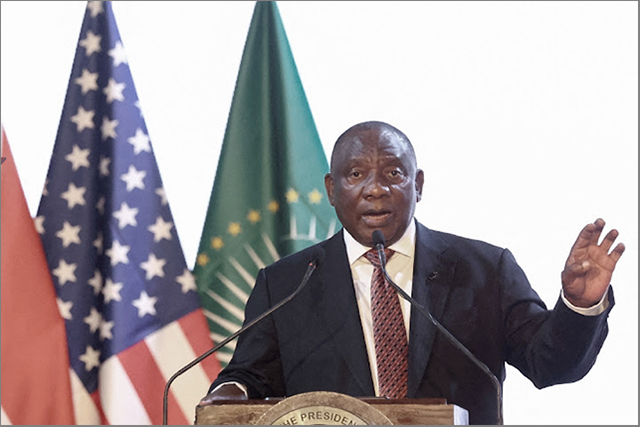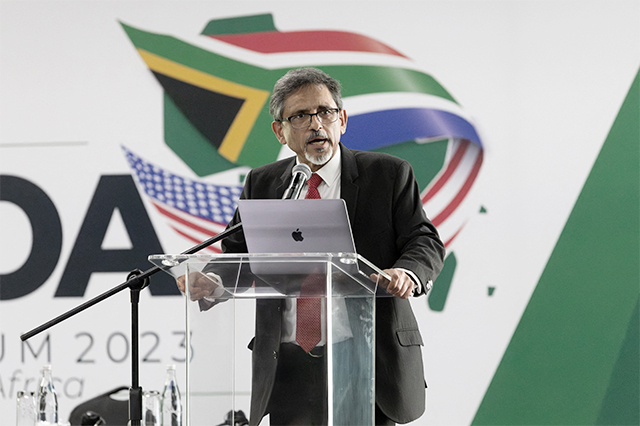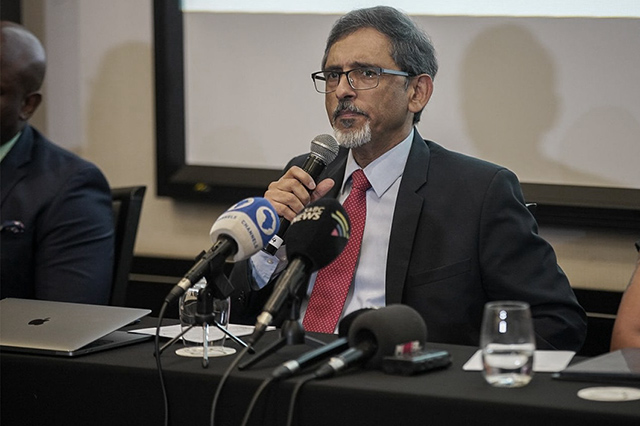Much at stake over AGOA for SA in US presidential polls
The US presidential elections are just around the corner, and the world has been watching closely as this year’s controversial campaigns have unfolded.
Yet last week, when SA’s International Relations and Co-operation Minister Maite Nkoana-Mashabane was asked about her position on the US elections, she said she did not really care who wins.
This raises the question: can Africa’s most sophisticated economy afford to ignore the US elections?
While much of the discourse in SA, thus far, has centred on Republican frontrunner Donald Trump’s xenophobic declarations, the potential effect of the election on US-SA trade relations cannot be ignored.
US-SA trade is primarily governed by the African Growth and Opportunity Act (Agoa) that was passed by the US Congress in 2000 and extends preferential access for 37 African countries to export a wide range of goods to the US duty-free.
Generally, there are concerns over unilateral trade regimes, such as Agoa, as they do not offer the beneficiary countries any say in the negotiations. However, SA benefits greatly from Agoa, and is the biggest African exporter of non-oil goods under the act. It is, therefore, critical to explore the trade positions of the US presidential hopefuls and how it could affect US-SA trade relations.
The general political climate in the US has shifted towards a more protectionist stance on international trade since the global financial crisis. While the outsourcing of production networks has had a direct adverse effect on specific manufacturing segments in the American economy, the consumer benefits of free trade are broader and more nuanced. All presidential candidates have vowed to pay special attention to the middle-class American worker and have taken a stronger stance against free trade. This is threatening to unravel President Barack Obama’s legacy of promoting free trade through "megaregional" trade agreements such as the Trans-Pacific Partnership, the Trans-Atlantic Trade and Investment Agreement and various bilateral free trade agreements. Hillary Clinton, the Democratic frontrunner, has perhaps expressed the least resistance to free trade, backed by her historic support of most US international trade initiatives.
As secretary of state during the first Obama administration, she actively pushed for Agoa’s 10-year extension in 2015, but hostile US voter perspectives towards international trade have even pushed Clinton to revoke her initial support of the Trans-Pacific Partnership.
Trump, despite his seeming hostility to cheap imports from China, has repeatedly voiced his support for the concept of free trade. His critique is rather towards the nature of the current free-trade agreements, believing they should be renegotiated to unquestionably favour the US.
However, it is Democratic candidate Bernie Sanders’s opposition to free trade that is the most extreme. Although he now has virtually no chance of winning the Democratic nomination, he has vowed to remain in the race until the Democratic convention next month. Sanders’s campaign has focused heavily on domestic policy, and he has touted his opposition to all major US free-trade agreements, seeing them as a product of corporate America that unfairly disadvantages the lower-class American worker.
What is the broader significance of these stances for future US trade relations with SA? Although Agoa has recently been extended to 2025, beyond the two-terms of any US president, the future president can still have a substantial effect on its terms and conditions. The president can also have a significant effect on the direction of a possible future US-Southern African Customs Union free-trade agreements, and the still-to-be-ratified megaregionals, such as Trans-Atlantic Trade and Investment Agreement and Trans-Pacific Partnership. The recent trade debacle between SA and the US over chicken demonstrates the substantial sway a US president has over Agoa.
Obama used Agoa as leverage to remedy what the US poultry associations believed to be unfair tariffs on US chicken exports to SA. After SA missed the first deadline to produce import certificates for US chicken products to prevent the suspension of Agoa, Obama granted the negotiators another 60-day extension. Imagining Trump as president during this dispute, would he in principle have given such a grace period for a missed deadline?
Looking at the potential stance of each of the candidates, Clinton might take a similar approach to Obama — that is, suspending benefits for particularly exceptional cases, with a view to reinstating them as soon as the dispute is resolved. Sanders might consider suspensions if there are any aspects within Agoa that might harm the interests of the American working class. Indeed, his ideological opposition to free trade in general should give reason for pause.
Trump is the most unpredictable. His recent statement that he will "lock Mugabe and Museveni in prison" if he becomes president departs from his generally isolationist stance on issues that do not directly affect US interests. The question of whether Trump would actually follow through on some of his outlandish declarations is a big unknown. But if he indeed decides to become the "world’s policeman", Agoa would be the most readily available tool to keep in check southern African leaders who are not behaving according to his liking.
Additionally, given that resistance is growing towards the carrot-and-stick approach of Agoa, especially in SA, the time is ripe for a discussion on a more equitable trade arrangement. The global trade landscape for Africa is changing fast, as the EU is phasing out its preferential schemes with African countries and China maintains a reciprocal trade regime with African countries under the World Trade Organisation.
Of all the candidates, Clinton would most likely be open to such talks, through the potential pursuit of a US-Southern African Customs Union free-trade agreement, or even the inclusion of SA into one of the budding megaregionals.
Sanders is unlikely to be interested in such discussions at all, and with Trump, the concern would be that protracted negotiations would never bear fruit. While Sanders’s position is most worrying, Trump’s stance is also concerning, as US inflexibility at the negotiating table in the early 2000s prevented the previously proposed US-Southern African Customs Union free-trade agreements from materialising.
Many questions remain unanswered concerning the future of US-SA trade relations under the next US president. Yet, despite current antitrade sentiment sweeping over the campaigns, it is almost certain that these populist appeals will soften once the election ends. Still, none of the candidates look to be as favourably disposed towards free trade as was Obama.
Additionally, for South African policy makers it is also relevant to consider just how important South African trade is in the grand scheme of US trade interests.
Even Sanders, who touts his rejection of all major free-trade agreements, voted for the extension of Agoa. However, this also means that if SA truly wants to move towards a more equitable trade relationship with the US in a post-Agoa era, there is no room for complacency. Its decision-making and policy choices in the next eight years will, in part, determine whether SA has a seat at the international table or remains dependent on handouts and special concessions that could be revoked at a whim.
• Markowitz is a visiting researcher in the South African Institute of International Affairs’ economic diplomacy programme


